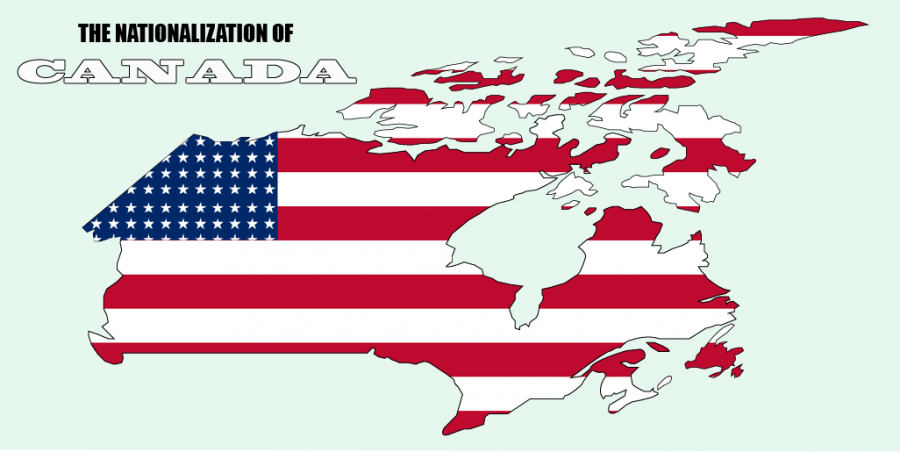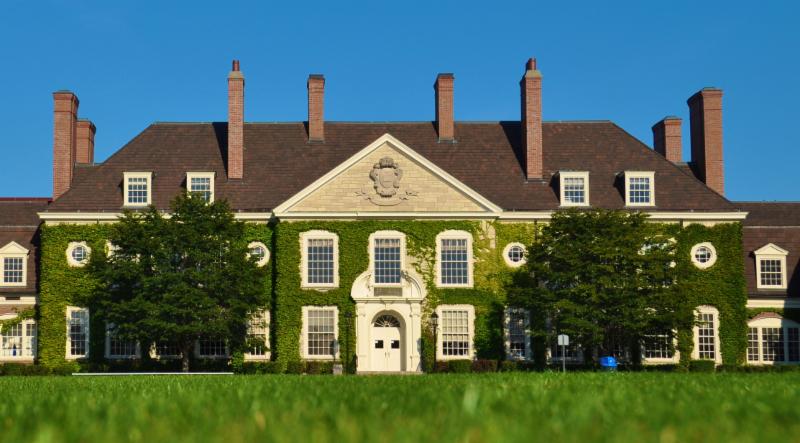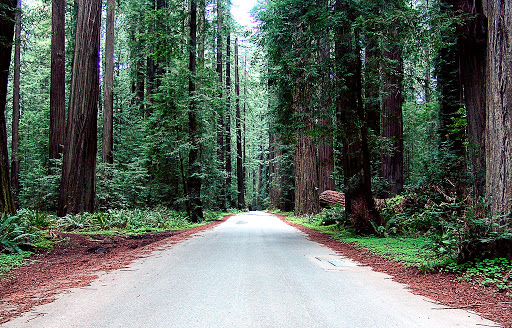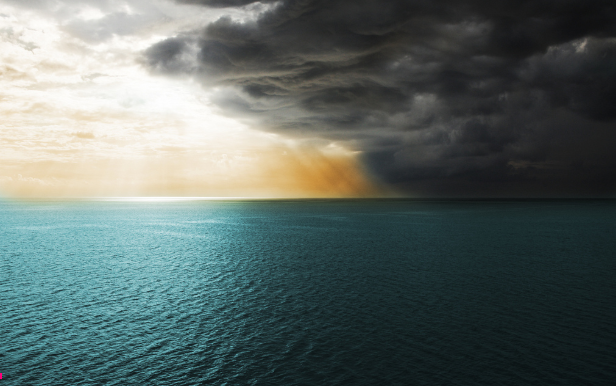The following piece is a satire. All content and material cited in this satire is fiction and has been dramatized for authorial effect.
WASHINGTON, D.C. – On Thursday, President Donald Trump tweeted about an upcoming executive order to nationalize Canada due to its high value to the American economy, sparking controversy around the world. He was generally vague about the plan, but stated that the order would be issued “in a few weeks.”
Nationalization has occurred many times in many countries throughout history. Egypt, for example, nationalized the Suez Canal in 1956 as the canal was an important part of its economy. The act naturally provoked a diplomatic crisis, with the UK, France, and Israel actually invading Egypt.
The natural lesson of the event is that the nationalization of large international resources leads to controversy and conflict. Most nationalizations have been of domestic assets, such as the UK’s nationalization of its various railway companies after the Second World War and the US’s nationalization of the airport security industry under the TSA after the 9/11 attacks.
Since nationalization is often so controversial, governments only pursue it when they deem it necessary for the security and prosperity of the country. This was the rationale behind the nationalization of the Suez Canal, the creation of the TSA, and many other nationalizations.
However, the nationalization of a foreign country has not been attempted or even considered before. James Smith, an economist and policy expert at the University of East Chicago, cited a few key policy shifts as being behind the recent decision.
“Canada isn’t so much a country as a northern suburb of the United States,” Smith said. “Over 80% of the Canadian population lives within a hundred miles of the American border. The economic relationship between Canada and the U.S. is a mainstay of Canada’s economy, and American cultural exports dominate the Canadian market.”
Other individuals involved with the decision had other questions about Canada. Kevin Waldorf, a researcher at the Domestic Policy Institute (DPI), questioned Canada’s status as an independent country.
“What we call ‘Canada’ is so closely intertwined with the U.S. that it often seems to be more of a junior partner in international affairs. It’s basically an American company that happens to own more land than the federal government and employs thirty million people,” Waldorf said.
President Trump’s official tweet focused on Canada’s important contributions to the American economy. “Thirty million Americans employed by FAKE NEWS COUNTRY Canada!” he said. “Just made plans to keep Economy growing by nationalizing it!”
Authorities around the world were quick to condemn Trump’s nationalization of Canada as an attempt by America to force its way with the rest of the world. Prime Minister (or CEO of Canada according to the DPI) Justin Trudeau was the first to rebuke the American government.
“It saddens me,” Trudeau said, “to see such a great country falling into this policy of imperialism by tweet. Canada has a unique culture and history of its own and has worked with the United States in the past because of shared democratic values, not because it is subservient to American interests. President Trump’s Americentric actions and tweets thus far have done nothing but sow division and discord around the world.”
Trudeau went on to call for a return to what he called “the good old days” of controlled tweeting and cooperation between the countries of the world, a sentiment that other world leaders have echoed in their respective statements.
In the end, Trudeau said, America faces a choice: it may bully all other countries, even those as lovable as Canada, or it may develop a more consistent foreign policy that is not upended whenever the president tweets. Only time will tell which path the Trump Administration chooses.











![The work of renowned cartoonist Gary Larson was cited as an inspiration by the quartet of filmmakers hired to write and direct the upcoming political melodrama The Dark Side. Another source was Shakespeare’s [redacted at the request of the LFHS Theatre Program], also known as “The Scottish Play.”](https://theforestscout.com/wp-content/uploads/2020/01/pasted-image-0-e1578272345182.png)


